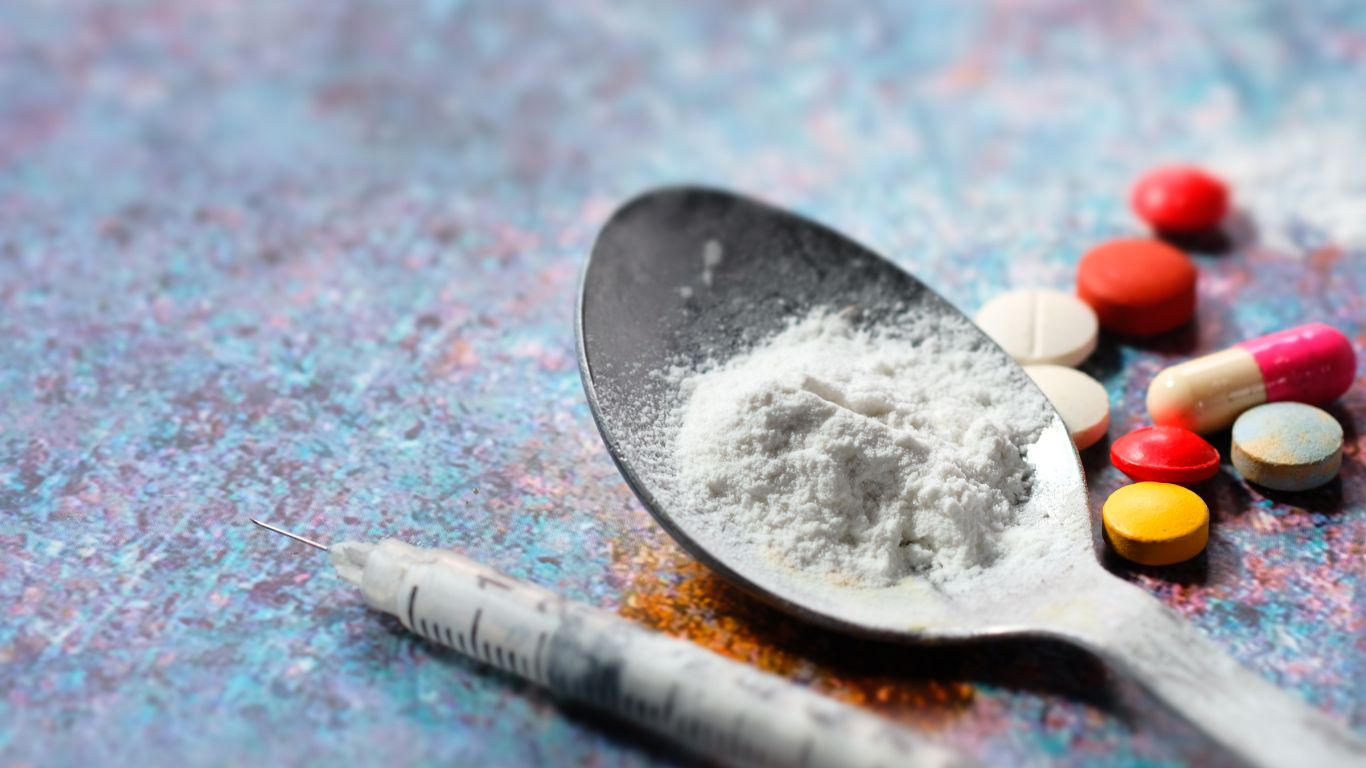What Is Fentanyl?
Fentanyl drug is a synthetic opioid that was originally developed as a prescription opioid to use for severe pain management. Fentanyl has been used as a method of pain management for medical purposes including pain management for cancer patients or patients that are undergoing major surgery. Medicinally, fentanyl is administered through a fentanyl patch or as a prescription opioid. Due to the high potency of opioids present in fentanyl, there are some that begin experiencing substance abuse behaviors with fentanyl leading down a path of drug addiction. The illicit drug market began using fentanyl with other substances to increase its potency and reduce the costs of production by creating drugs that are laced with fentanyl. These varying combinations of substances have led to adverse effects on the users and, in some cases, lead to lethal doses by a drug overdose.
How Much Stronger is Fentanyl Than Other Opioids?
Fentanyl is widely known for the high potency and risks associated with the use of opioid drugs that are laced with fentanyl. Compared to other opioid drugs:
- Fentanyl is 100 times more potent than morphine.
- Fentanyl is 50 times more potent than heroin
- Fentanyl is 1.5 times stronger than oxycodone
- Fentanyl is 100 times more potent than methadone
Fentanyl Drug Overdoses are on the Rise
The opioid crisis has significantly impacted the lives of Americans at a rapidly increasing rate. As illicit drugs are becoming laced with fentanyl more and more, the illicitly manufactured fentanyl and other substances have become dangerous to users as there is no regulation to how much fentanyl is being added to each batch produced. Leading users to unknowingly take lethal doses of fentanyl and causing drug overdoses that can become fatal. The American healthcare system has begun to use harm reduction tactics to help counteract this growing epidemic by continuing education about the seriousness and risks associated with opioid abuse and providing lifesaving tools including naloxone kits and test strips for individuals to test their drugs in an effort to reduce the number of lives being affected by the opioid crisis.
If you are witnessing someone or experiencing an opioid overdose, there are steps you take for harm reduction that reverses the effects of opioid overdose. Having a naloxone kit of either the injectable form or nasal spray on hand and providing them to those who are engaging in opioid use will help to reduce the risk of overdose-related deaths by helping to eliminate the adverse effects of an opioid overdose by blocking the opioid receptors in the brain while reverses the effects of the overdose by regaining consciousness again.
Recognize the Signs of Fentanyl Overdose
The number of Americans that are impacted by the opioid crisis has continued to dramatically increase and the number of overdose deaths has continued to rise. Understanding the signs and symptoms of a fentanyl overdose is a method of harm reduction that will help keep yourself, your loved ones, and community members safe from an opioid overdose.
Common signs to be cognizant of that indicates a fentanyl or opioid overdose is:
- Low blood pressure
- Confusion, drowsiness or appearing to be tired or falling asleep known as “the nod”
- Dizziness
- Nausea
- Vomiting
- Limp or weak body
- Small, restricted pupils
- Cold and clammy skin
- Cyanosis which is a blue coloring within the lips and fingernails
- Abnormal breathing that is often slowed or irregular
- Decreased, slowed heart rate
- Reduced or loss of consciousness
- Coma
Fentanyl and other Drug Addiction Treatment at TruPath
At TruPath, we provide patients with a comprehensive approach to addiction treatment that includes a continuum of care to provide you with the individualized treatment plans that you need to successfully overcome your opioid use disorder. Patients are invited to participate in detox, inpatient rehab, outpatient treatment, and aftercare programs that will meet them where they are in their addiction recovery journey. Regardless of which method of treatment you are participating in, you will have access to our knowledgeable and compassionate medical team and addiction counselors that will help you heal from your fentanyl addiction physically, emotionally, mentally, and spiritually. Your future in addiction recovery is possible and our team is waiting to hear from you today to create an addiction treatment plan that is catered to meet your goals for sobriety that aligns with your emotional and physical needs for treatment that will promote positive personal growth and self-discovery. Get in touch with us today at (251) 501-4357.
